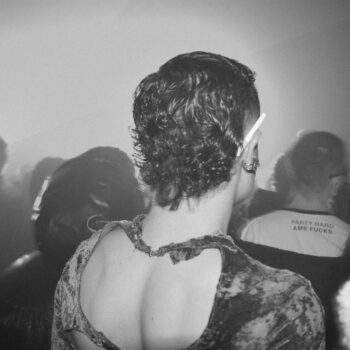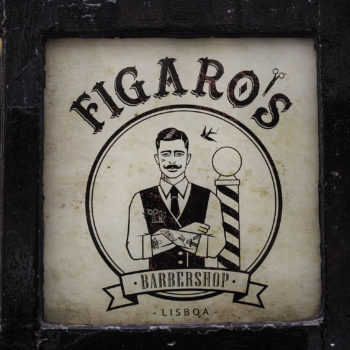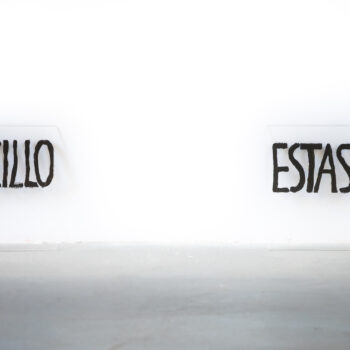By Beatrice Manzini
We find ourselves in Coho Loft (Rome), an ambitious architectural redevelopment project that began in 2009. The space was rebuilt out of what had been a wood factory in the 1950s. Andrea Audino, founder and designer of the Coho Loft, managed to restore this disused space into one with aesthetic value, thanks to his background as a set designer. The result is an outstanding environment for building social and professional connections.
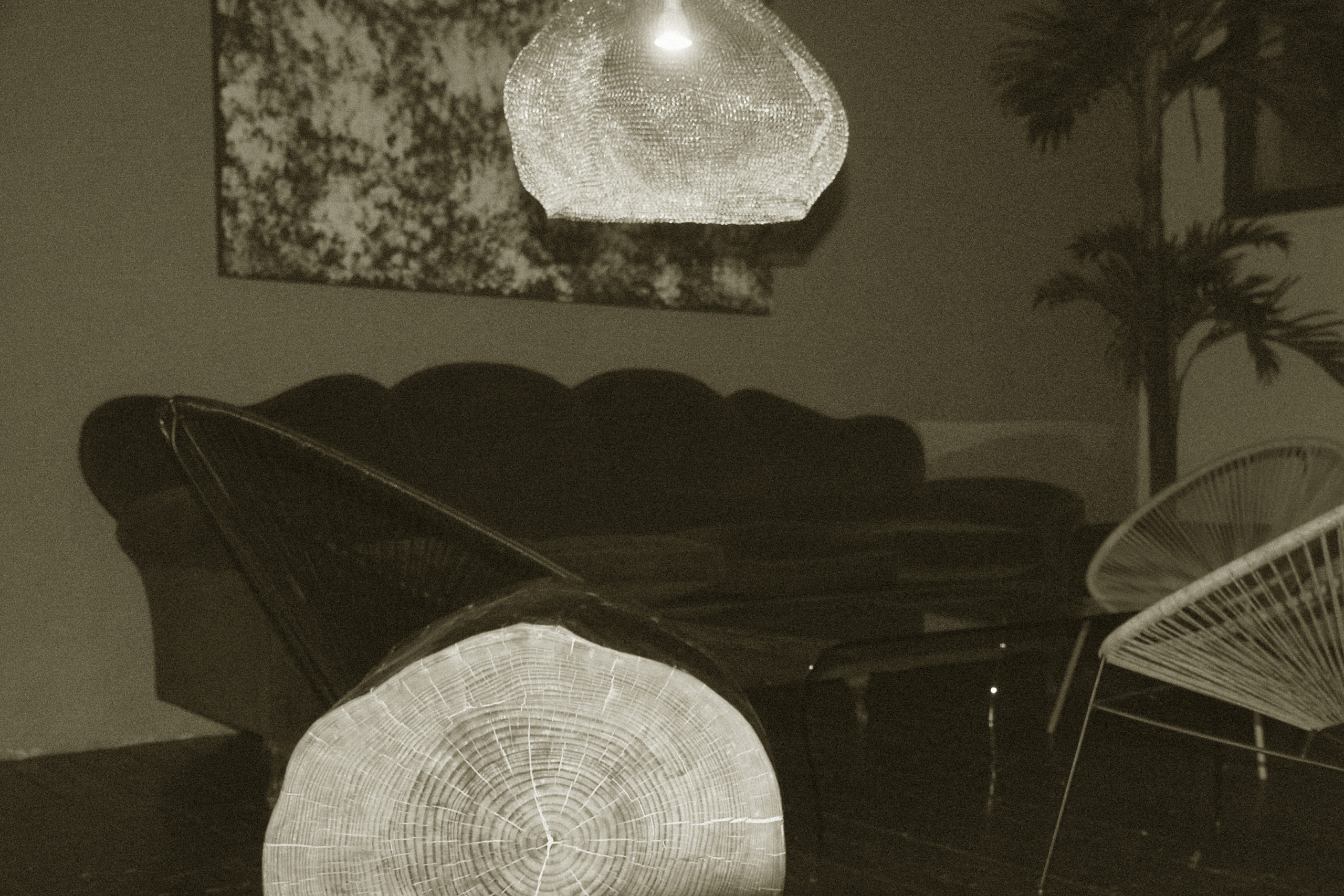
The building has been redeveloped to its full potential and is internally furnished in a post-industrial style. Andrea himself selected and in part created the furnishings, drawing on his passion for art and artisanship when designing the shapes and materials of the loft. Wood, metal, and concrete columns create a vibrant and contemporary New York atmosphere. The building is split into four main parts: Echo, Bali, Terra, and a vast terrace: Aria. Each of these is unique and was designed to host events, business meetings, co-working but also photoshoots, accommodating every type of artistic activity. One part of the building is reserved as office space for communication, fashion, photography, and production teams, making it an ideal space for professional creatives to network and give life to new projects.
We had a chat with Andrea Audino about his artistic and professional experiences, discussing how these have contributed to the development of the Coho Loft and his expansive plans.
The Coho Loft was born out of a redeveloped disused building. What inspired you to make this project happen?
A: I was twenty-two years old when I discovered the space that would become the Coho Loft. I had been working as a set designer on the second season of ‘Romanzo Criminale’ and I had to inspect various locations for shooting purposes. The second I walked into the enormous space, I felt I had to do something with it. Once we finished filming the series, I managed to negotiate a deal with the owners and bought the building. I immediately began using it as a space for collaborating with other creatives to develop our projects. Then, I started to reflect on what Rome was missing, and I decided to rent out the Coho spaces to other creatives. I’ve always dreamed of a place that could foster collaborations. I remember when I used to go between offices on my skateboard, trying to stimulate others and in turn finding myself interested in what they were working on. My background in cinema and artisanship led me to decorate the loft in a functional, but aesthetically pleasing way.
The Coho Loft has since become a sort of a ‘business card’ for clients. One of the various services I provide is interior design, helping others give new life to their own spaces.
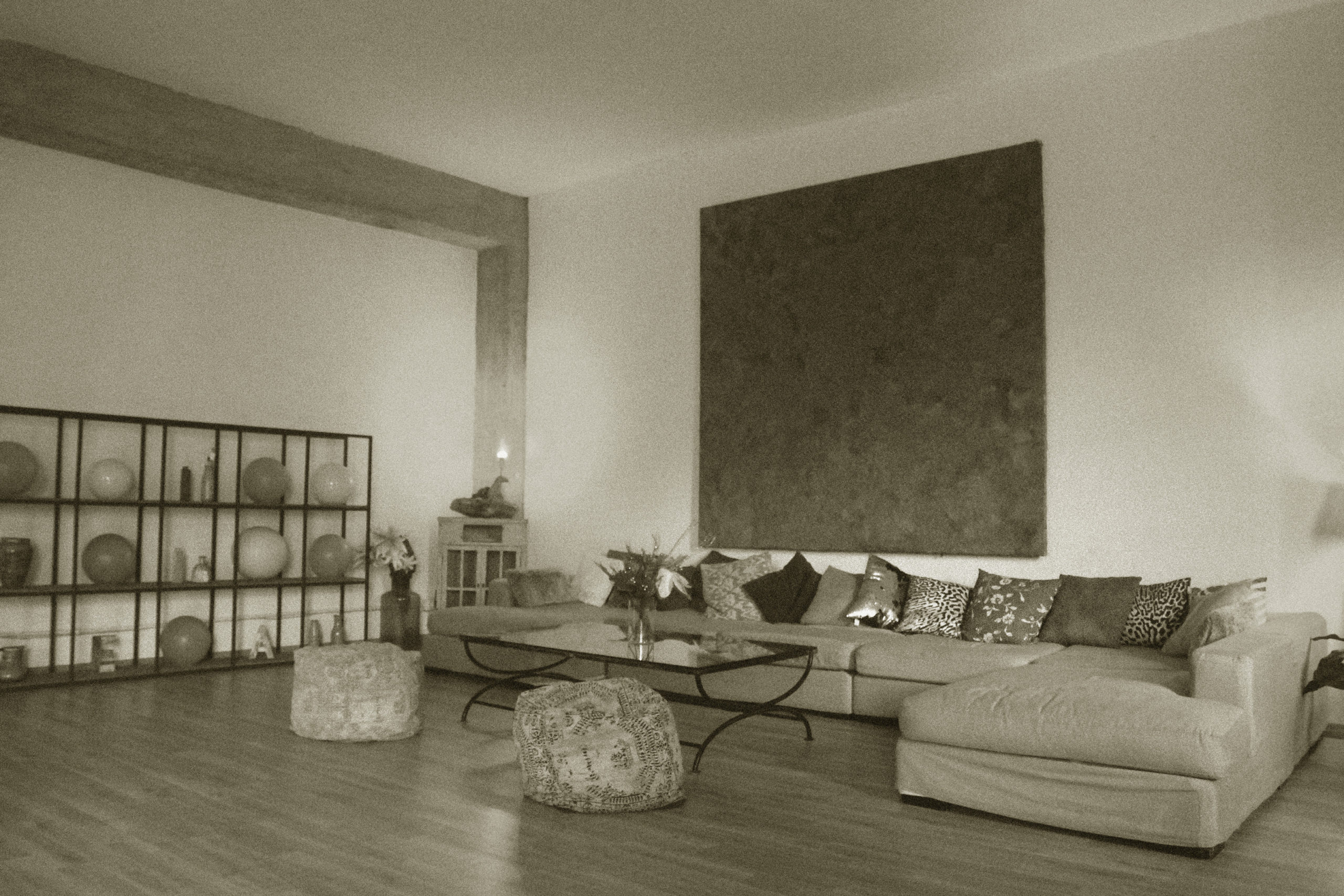
What do you think your future holds? Do you plan to expand to other cities?
A: We’d like to expand into other cities. One of these would be Ibiza, partly for fun, but also because it’s a vibrant place that unites a range of professionals.
Another city we are planning on expanding into is Milan. We began the project before the pandemic but had to put it on hold. My dream would be to bring the Coho Loft to New York.
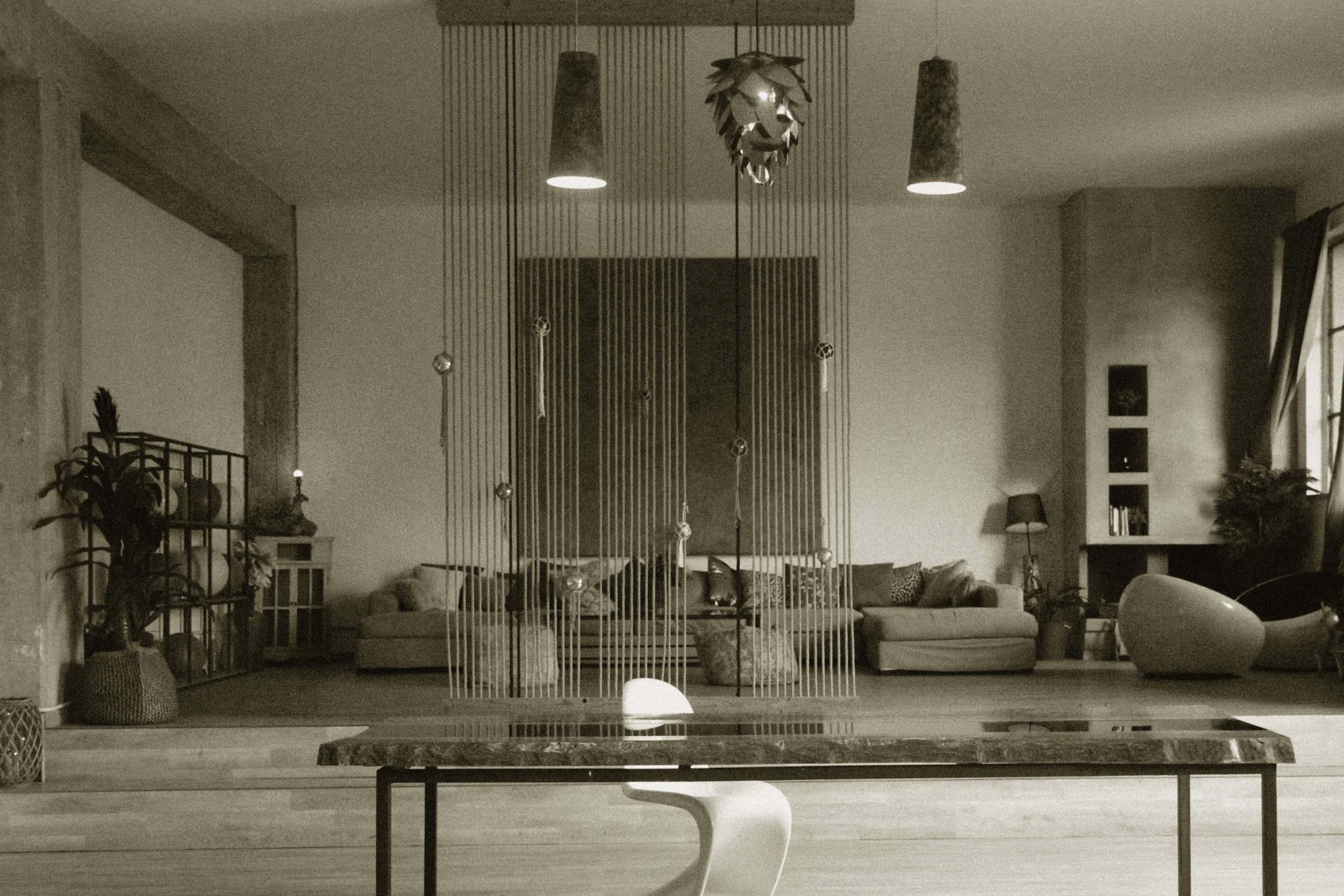
What services that you don’t currently offer would you hope to incorporate into the Coho project?
A: We’d love for the Coho Loft to offer services from A to Z. It would be great to be able to provide anything our clients might need to make their projects happen, ranging from specialized spaces such as make-up rooms, tailoring, tool shops for set design, post-production rooms, etc…
but we’d also love to have a team of professionals on hand, who would be capable of covering any request from our clients.
In the past six months, we’ve changed our communications strategy. Social media enables us to share all the different elements that make up the Coho Loft; we tell the stories of the people who work for us and what they create. Currently, I’m splitting my work as a set designer with that of managing the Coho Loft. It’s very demanding but remains one of the greatest satisfactions of my life.
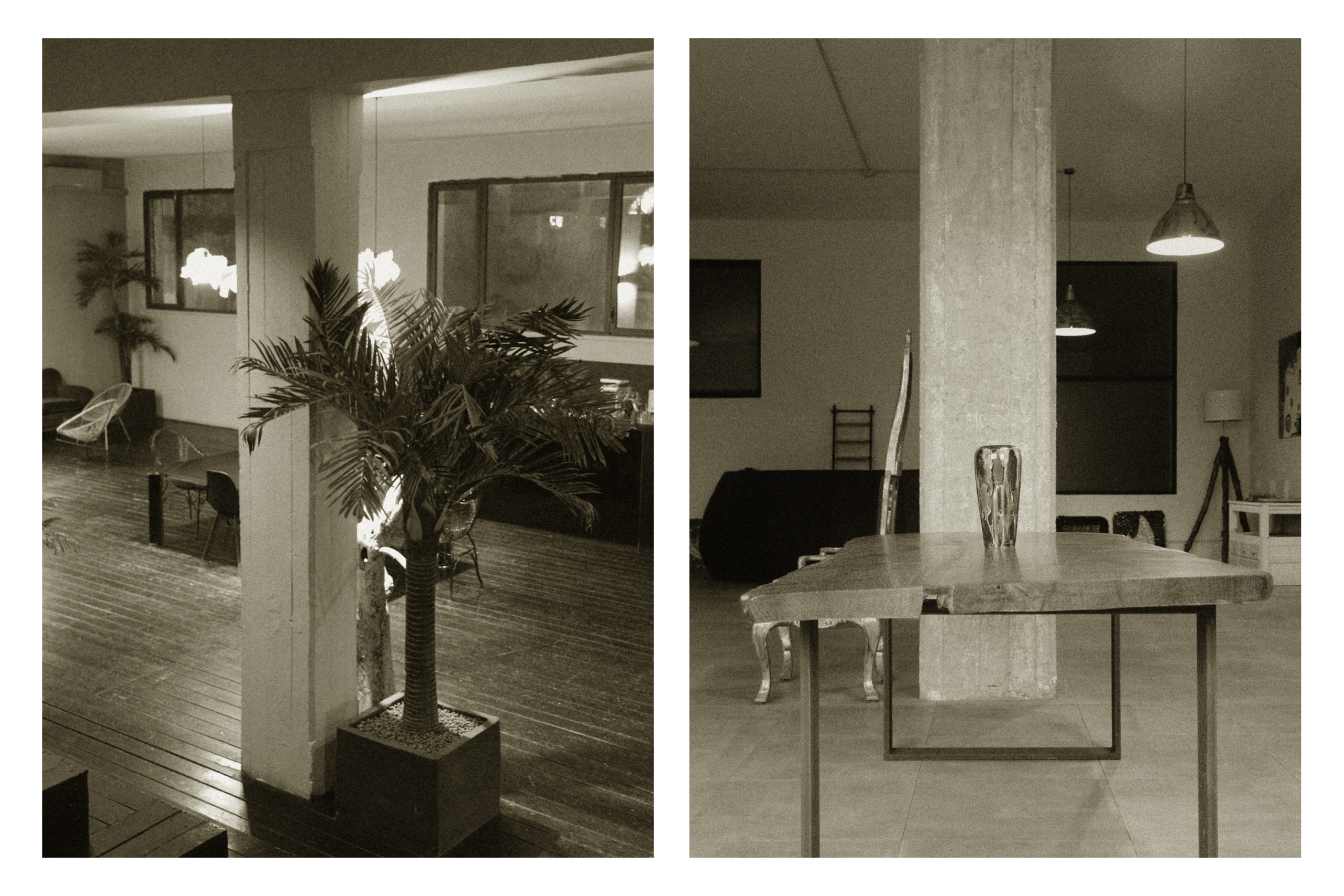
So what you want to develop is a co-working space offering teams of professionals who can fit any need?
A: Yes. Rather than waiting for commissioned work, we are developing projects autonomously alongside other professionals, projects such as TV spots that might appeal to brands and agencies. In times like these, the most important thing is to keep creating. Things are changing and I’m certain that cinema gives young people the power to continue to express themselves.
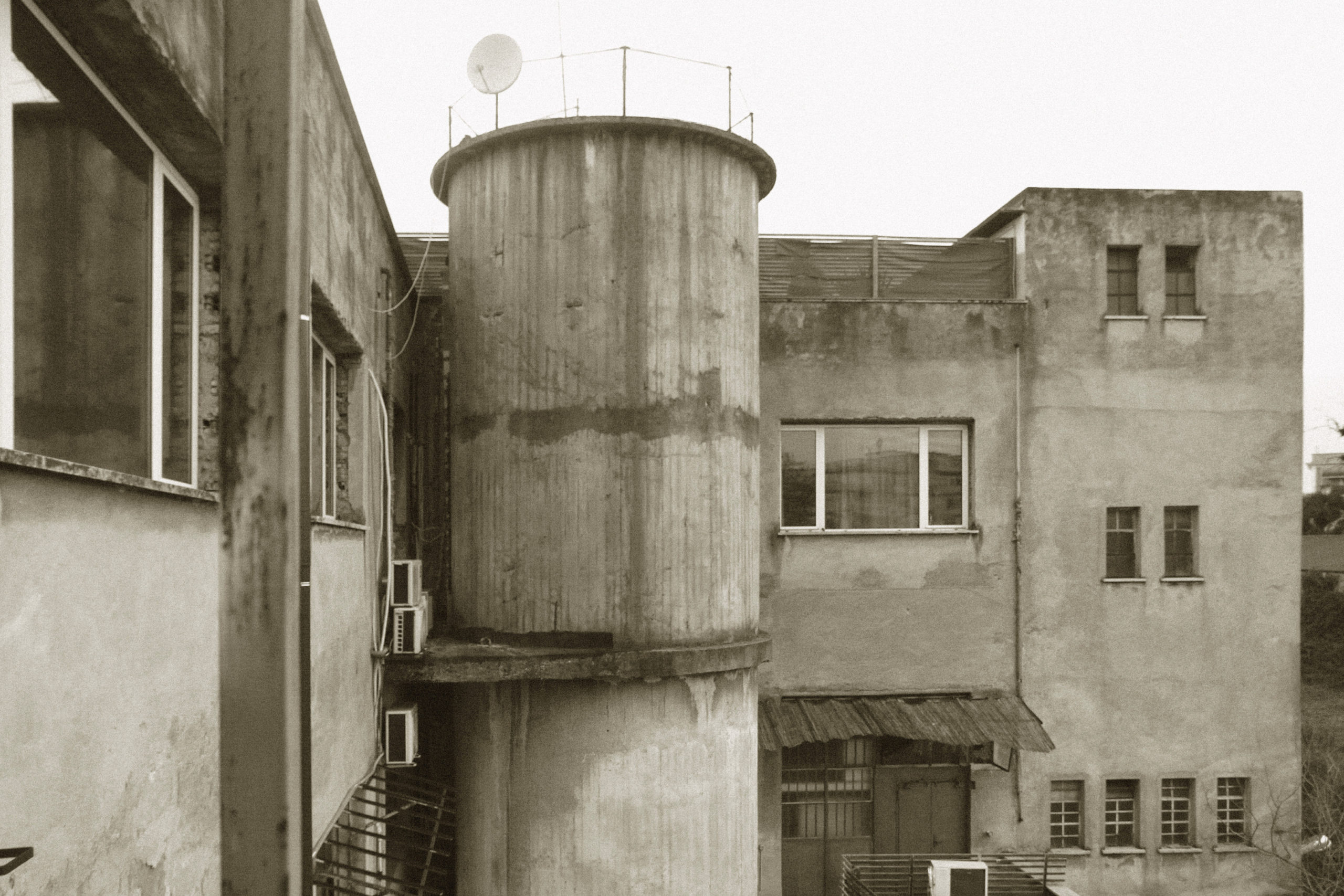
Photography Luca Bambina
Thanks to Andrea Audino & Federica D’alatri




